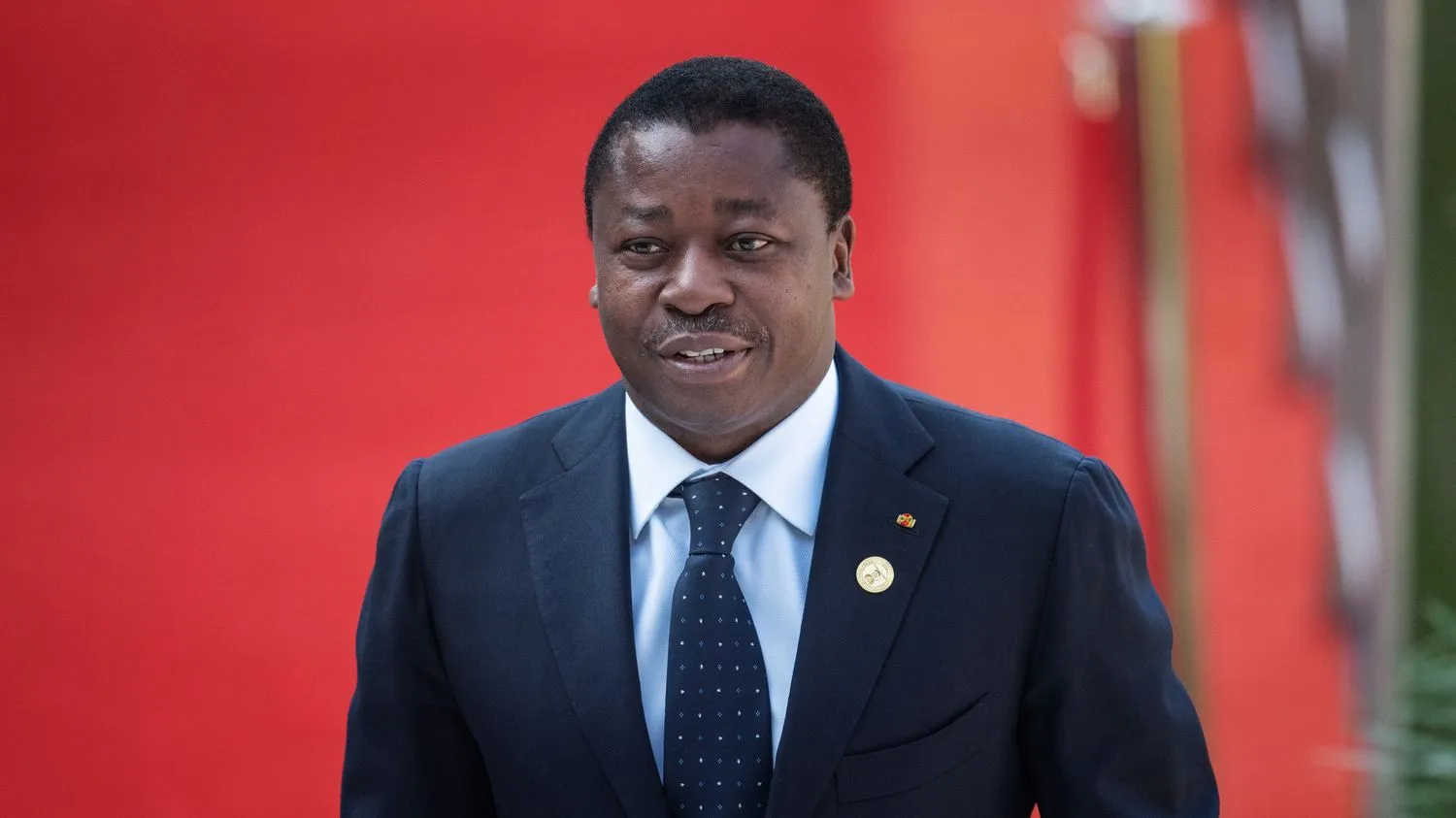[ad_1]
In West Africa’s Togo, a big political transformation is underway, spearheaded by President Faure Gnassingbé.
Since rising to energy in 2005 after a household dynasty that started with a 1967 coup, Gnassingbé has pushed for a constitutional modification.
This modification, enacted on March 25, 2024, transitions Togo from a presidential to a parliamentary system.
The brand new system removes the direct election of the president, now elected by the Nationwide Meeting for a six-year time period.
Moreover, it introduces the position of the president of the Council of Ministers, who manages every day authorities operations.


This modification, supported overwhelmingly by the ruling Union for the Republic (UNIR) get together with solely two dissenting votes, has been criticized extensively.
Opponents and worldwide observers decry it as an influence seize, intending to increase the Gnassingbé household’s rule doubtlessly till 2031.
They label the transfer as a constitutional coup, designed to govern legislative energy and sidestep electoral challenges.
Furthermore, the Financial Neighborhood of West African States (ECOWAS) has stayed quiet on this modification, regardless of potential violations of their governance protocols.
Many see this silence as a tacit approval of the modifications, indicating a regarding disregard for democratic values within the area.
This shift in governance comes simply earlier than legislative elections and amidst rising regional instability.


It raises issues about Togo’s democratic future, suggesting financial and strategic pursuits could overshadow democratic rules.
The modification not solely reconfigures Togo’s political panorama but additionally displays broader geopolitical tensions in West Africa.
As Togo navigates these modifications, the worldwide neighborhood stays watchful.
There’s a rising debate over the dedication of world and regional our bodies to uphold democracy in Africa, with this constitutional change in Togo offering a important take a look at case.
This second is pivotal, marking a interval of uncertainty and potential instability in a area identified for political upheavals.
Background
Togo, a slim West African nation flanked by Ghana to the west and Benin to the east, secured its independence from French colonial rule in 1960.
Its primarily agricultural economic system closely is determined by commodities resembling espresso, cocoa, and cotton, which have traditionally formed its market and socioeconomic construction.
[ad_2]






